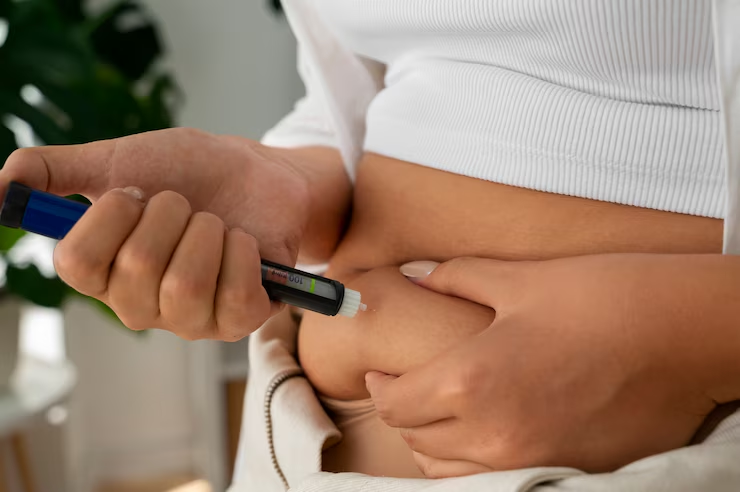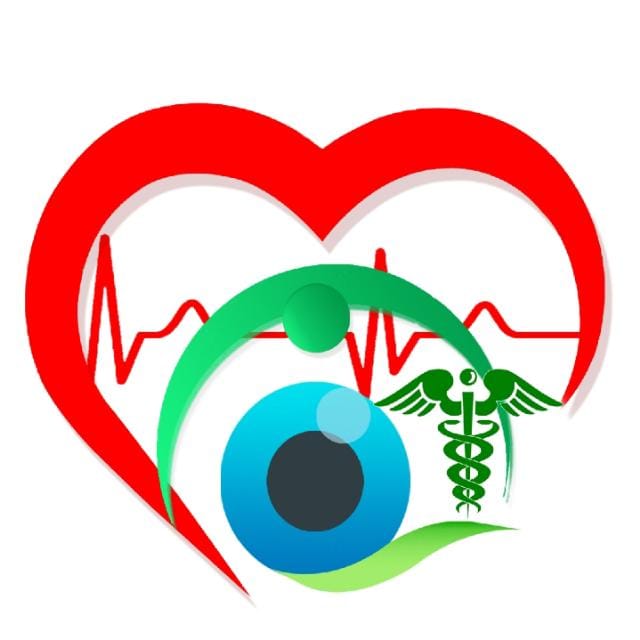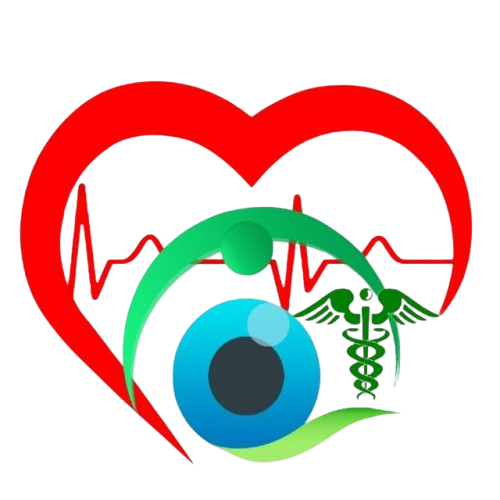Diabetics Treatment

Diabetes treatment focuses on controlling blood sugar levels to prevent complications and improve quality of life. The treatment plan typically involves lifestyle changes, medications, and regular monitoring. There are two main types of diabetes: Type 1 and Type 2, each requiring tailored approaches.
1. Lifestyle Modifications:
- Diet: A balanced diet with a focus on low-glycemic foods (whole grains, vegetables, lean proteins) helps control blood sugar. Limiting refined sugars, processed foods, and excess carbohydrates is essential.
- Physical Activity: Regular exercise, such as walking, swimming, or cycling, helps lower blood sugar and improve insulin sensitivity.
- Weight Management: Maintaining a healthy weight or losing excess weight can significantly improve blood sugar control, especially for Type 2 diabetes.
- Stress Management: Reducing stress through relaxation techniques, yoga, or meditation helps maintain stable blood glucose levels.
Medications:
- Type 1 Diabetes: Insulin therapy is necessary since the body cannot produce insulin. It may be injected or delivered via an insulin pump. Different types of insulin (rapid-acting, long-acting) are used based on individual needs.
- Type 2 Diabetes: Medications may include:
- Metformin: Lowers blood sugar by reducing liver glucose production.
- Sulfonylureas: Stimulate the pancreas to release more insulin.
- GLP-1 Agonists: Increase insulin release and lower blood sugar.
- SGLT2 Inhibitors: Help the kidneys remove excess glucose through urine.
- Insulin: Some individuals with Type 2 diabetes may also require insulin injections.
3. Monitoring:
- Blood Sugar Monitoring: Regular monitoring of blood glucose levels using a glucometer or continuous glucose monitor (CGM) helps guide treatment decisions and adjust insulin or medication doses.
- HbA1c Test: A blood test that measures average blood sugar levels over 2-3 months, helping to assess overall blood sugar control.
4. Additional Considerations:
- Diabetic Complication Prevention: Managing blood pressure, cholesterol, and kidney health is important to prevent complications like heart disease, neuropathy, and retinopathy.
- Education: Diabetes self-management education (DSME) helps individuals learn how to manage their condition effectively through diet, exercise, and medication

